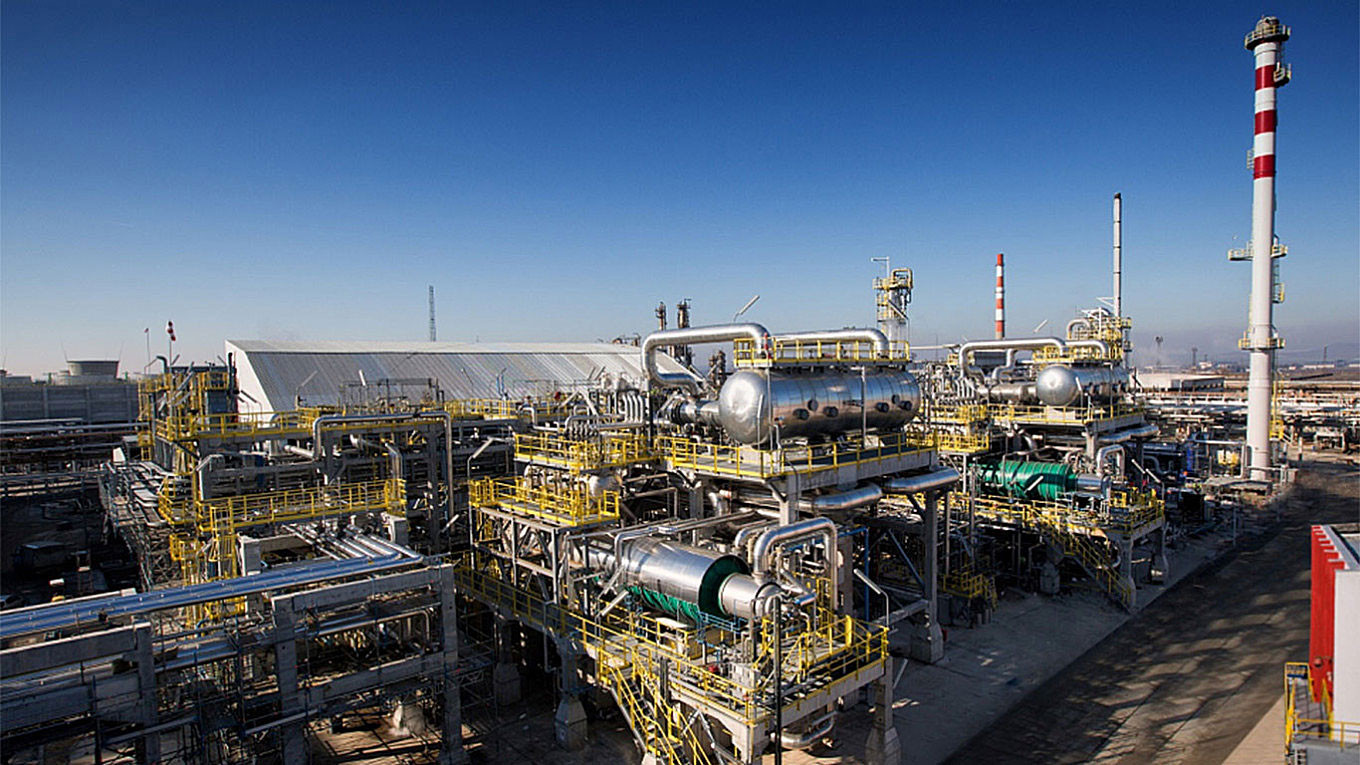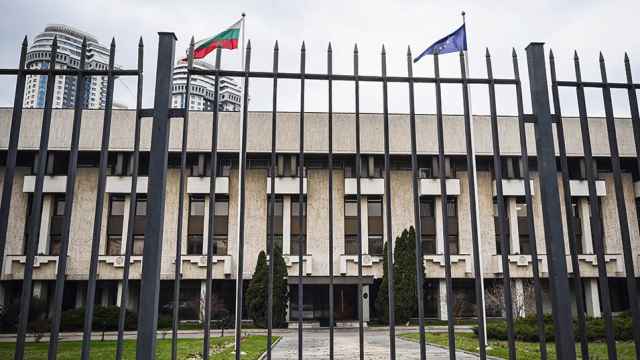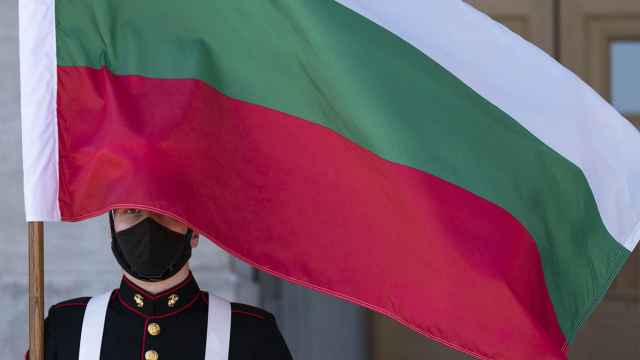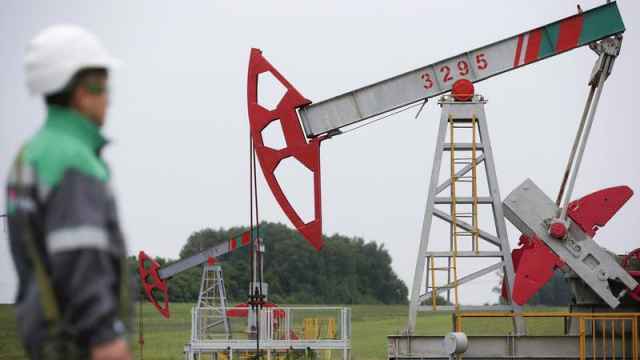Russian oil giant Lukoil said Tuesday it would consider selling its oil refinery in Bulgaria following a government plan to end imports of Russian crude oil, which the company called "discriminatory."
"In view of the significant change in the operating conditions of the Lukoil Group companies in Bulgaria, the company has commenced work to review its strategy with respect to this asset. Various options will be analyzed... including the sale of the business," Lukoil said in a statement on its website.
Bulgaria, a country historically close to Moscow and almost entirely dependent on Russian oil and gas imports before the war, has recently been seeking to free itself from this dependence.
The EU member was granted an exemption from the bloc's embargo on Russian crude, which runs until the end of 2024, allowing the refinery to produce oil for the country's own consumption, as well as to export oil products to Ukraine and some other European countries.
However, Bulgaria's new pro-European government plans to bring an end to the EU exemption by next March, according to a recent parliamentary proposal to be ratified in the coming weeks.
The government has also imposed a 60% tax on the profits of the Russian oil company.
Lukoil's statement on Tuesday slammed the "adoption by the Bulgarian state authorities of discriminatory laws and other unfair, biased political decisions towards the refinery."
The Russian oil giant said it was "not subject to sanctions by the European Union" and complained that it was the victim of an "artificially fanned political storm" around its Bulgarian refinery that harmed its business.
Lukoil acquired the Neftochim oil refinery in the Black Sea city of Burgas in 1999, and it is now the largest in the Balkans.
The company's distribution unit also enjoys a quasi-monopoly on the Bulgarian market, with a network of nine oil depots, 220 petrol stations, as well as firms supplying ships and aircraft.
Already deprived of Russian gas, Bulgaria may find it difficult to obtain crude supplies once the exemption ends, according to experts who cite the lack of adequate port infrastructure and the congestion of the Bosporus Strait.
A Message from The Moscow Times:
Dear readers,
We are facing unprecedented challenges. Russia's Prosecutor General's Office has designated The Moscow Times as an "undesirable" organization, criminalizing our work and putting our staff at risk of prosecution. This follows our earlier unjust labeling as a "foreign agent."
These actions are direct attempts to silence independent journalism in Russia. The authorities claim our work "discredits the decisions of the Russian leadership." We see things differently: we strive to provide accurate, unbiased reporting on Russia.
We, the journalists of The Moscow Times, refuse to be silenced. But to continue our work, we need your help.
Your support, no matter how small, makes a world of difference. If you can, please support us monthly starting from just $2. It's quick to set up, and every contribution makes a significant impact.
By supporting The Moscow Times, you're defending open, independent journalism in the face of repression. Thank you for standing with us.
Remind me later.






